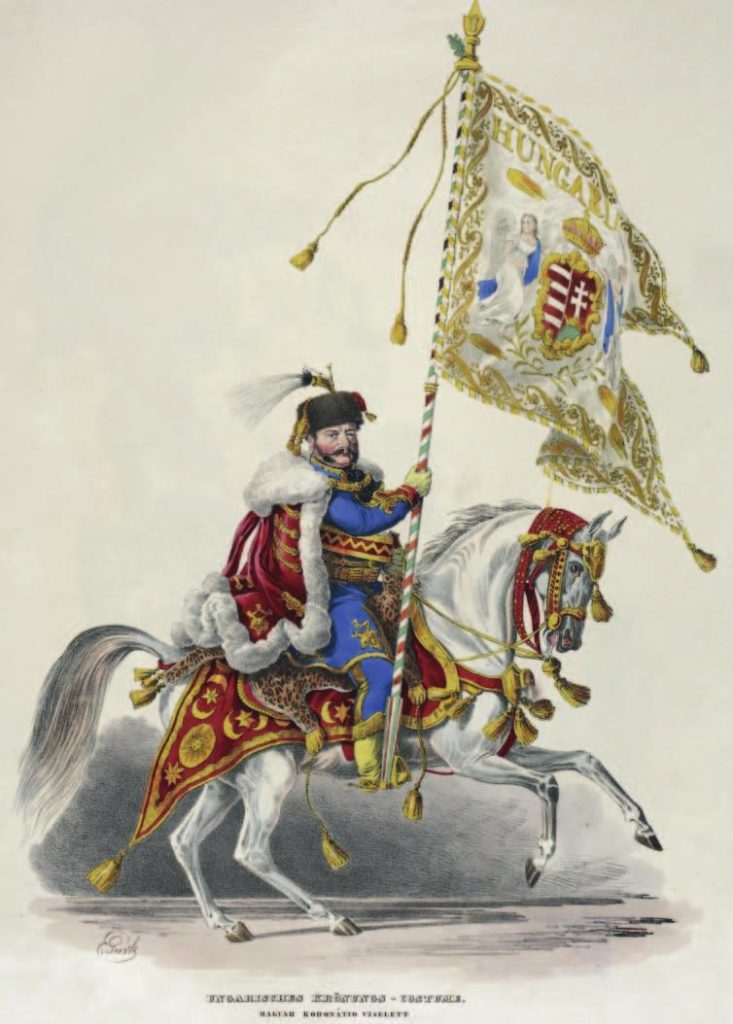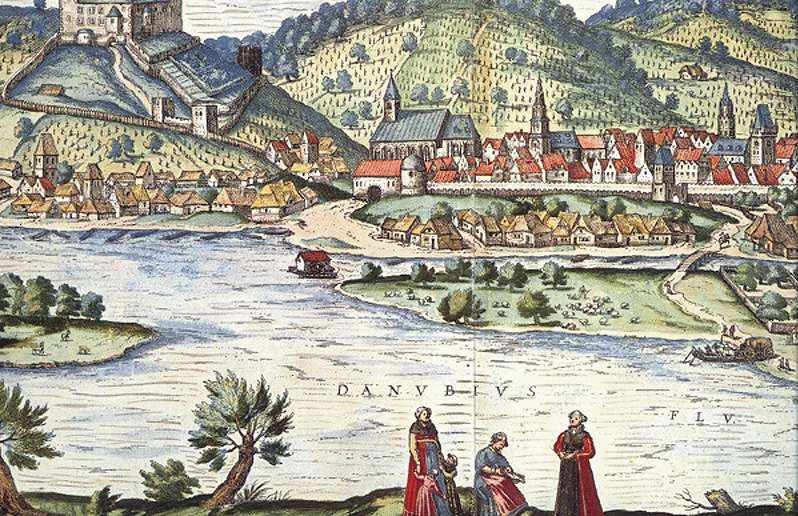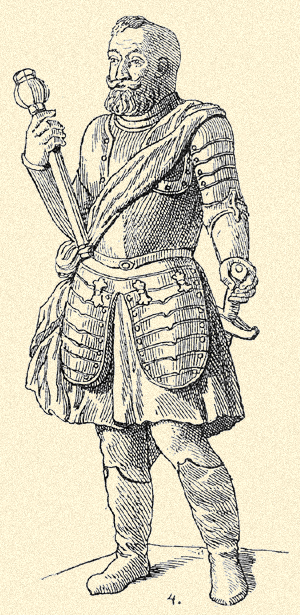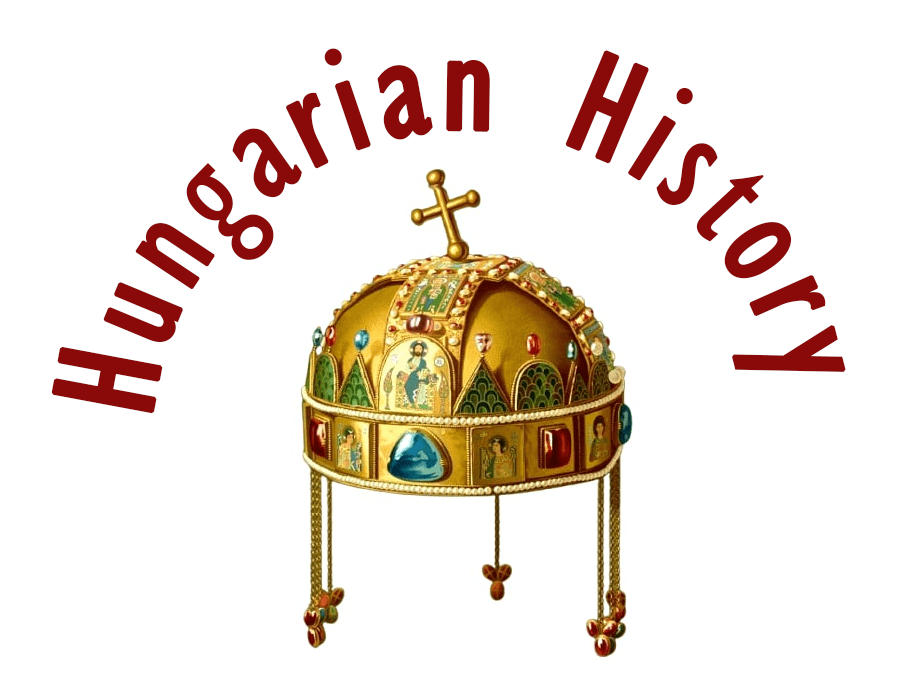
On 27 November 1619, Bethlen Gábor occupied Ebersdorf, a suburb of Vienna. He had already begun to surround the imperial city, but Homonnai György attacked him from behind and had to turn back to repel his army. He did not return after that but sought to consolidate his power, and as a result, was elected king by the Diet in August 1620. His royal title, which he wore for a year and a half, appears on his ¾ thaler silver coin, even though he had officially abdicated it by 1623.

Let us take a closer look at the events. Bethlen’s reasons for going to war were communicated to the public from Debrecen in September 1619. The pamphlet was drafted by a former confidant of Bocskai István, the priest Alvinczi Péter, who stubbornly repeated some of his statements and gave the prince’s reasons. He had launched a campaign to avert the expected grievances of the Protestants and for his grievances, according to the complaints of Hungary published in several editions.

There is no mention of King Ferdinand II, yet it is directed at him. As soon as he referred to the grievances, it was like pointing the finger at the new king. Indeed, one does not need to be very well informed to know that even as Archduke Ferdinand was the most convinced Protestant persecutor among the Habsburgs; he ruthlessly exterminated the followers of the Reformation in his family provinces.

However, no violence has yet taken place in Hungary. However, no one could have expected the future moves of the king, who had been reigning for only a few months at the time of Bethlen’s attack. Readers of the Alvinczi pamphlet could not have guessed that it was the very Clergy condemned here in the name of the Prince who would prevent the spread of religious violence in Hungary during the lifetime of Ferdinand II. They could not have known that it was the Archbishop of Esztergom himself, Pázmány Péter, who, as a brilliant politician, chose persuasion rather than violence to restore the power of the Catholic Church.

At the moment, what Bethlen’s propaganda was saying seemed to be a real danger. The reference to the expected persecution, the threatening and all-crushing rule of the priests, was a rallying cry against their number one supporter, King Ferdinand II. In this way, the pamphlet stated – covertly, but in a way that was understandable to all, by the journalistic etiquette of the time – the aim of the campaign led by the Prince. It did not even mention the ruler’s name, but everyone could understand that Bethlen Gábor had come to end the sad future reign of King Ferdinand II.

The voices of Hungarian politics were on his side. One after the other, the powerful took the side of the intruding Transylvanian prince. First, after Rákóczi György, the small circle of young politicians who gathered around Szaniszló Thurzó joined the cause. Among them were Széchy György, Illésházy Gáspár, and the most talented young aristocrat of the time, Thurzó Imre. He had just returned home from Wittenberg, the citadel of learning, to begin his brilliant career at home.

They joined Bethlen’s attack with almost romantic enthusiasm, but the entire Hungarian aristocracy soon joined them with greater or lesser vigor. Esterházy Miklós, the nephew of Illésházy István, who kept his distance all the time and watched the behavior of his peers with a hard eye, found few people ever loyal to the imperial house. He took stock of everyone’s party affiliations in a list and listed the names of only five Hungarian politicians who had persevered throughout. The others, ‘out of unkindness’ or ‘out of favor’, as he distinguishes them, all sided with Bethlen Gábor.

The location of their estates, their religious affiliation, and even their esteem for the Habsburgs did not distinguish them. Eastern Hungarians as well as Westerners, Reformed or Evangelical as well as the newly Catholicized, the first in the king’s esteem, the Palatine, Forgách Zsigmond, joined him with no more hesitation than, for example, Alaghy Menyhért, who had always complained of having been neglected.

They became Gábor Bethlen’s staunchest supporters in Hungary, the greatest aristocrats because his attack brought them an unexpected opportunity. They had already enjoyed immense power; on the election of King Matthias II they gained full confirmation of their rights over the serfs, and generally made it clear that in the division of the work of the country’s rulers, they claimed the conduct of internal affairs for themselves. It would have been more than this if, under a national king, they had not had to reckon with the intrusion of foreign interests. The events of the last few years were also in favor of this idea: Archduke Ferdinand, who had replaced the ailing Matthias II while he was still alive, governed for two years without a reigning Palatine, and then the election of a new king, which was carried out with clever tactics.

Now, with a darkening threat, the horror of the consolidation of central power loomed over them once again. In the face of this, it was an inviting prospect to elect a new leader, Bethlen Gábor, who, as he always stressed, was “born of their blood”. And he had no means of building up power independent of theirs. They could make him a national king without giving him the practical possibility of ruling the country.

With the help of his lords at his side, Bethlen pushed forward very quickly. He set out from Gyulafehérvár (Alba Iulia) on 27 August 1619 and had barely issued the Debrecen Proclamation before he called the first meeting of his supporters in Kassa (Kaschau, Kosice). Here, in the former seat of Bocskai, they clarified the conditions between Bethlen Gábor and them, who was arriving at the head of the army. He did not attack. He came to help, like the biblical Jephthah to the people of Israel. He came because he was called: ‘In our wretched and bitter state… we have appealed with great confidence to your Majesty’s gracious patronage and have called upon you and desired you to come to our aid in such a matter…’, says the document of those who attended Kassa.

And because we “do not want to be ungrateful”, we have chosen him “with equal heart and free will” to be the “head, forerunner, and chief guardian” of the country. This laid the legal foundation for Bethlen’s operation in Hungary. He was not an enemy, but the official representative of their will towards the king.

It was precisely when this mandate was being negotiated, on 20 September, that Széchy György converted the Mining Towns, the treasury of the country, to Bethlen’s allegiance. And then the fire continued to bite. The soldiers of Érsekújvár (Nové Zámky) surrendered against the will of the resisting captain. Nagyszombat (Trnava) did not resist either. Only around Pozsony (Pressburg, Presporok, Bratislava), the country’s long-time provisional capital, was any real military action needed.

The prince himself led the attack ” mounted on horseback ” on the ground made dangerous by the autumn rains. However, on 14 October 1619, this city also surrendered. The next day, the noble and the crown guards, who had retreated to Pozsony Castle, were persuaded by Bethlen’s supporters that the joining of the forces was a sensible course of action. Together with the deeply revered symbol, the Holy Crown, they converted to Bethlen’s allegiance.

His military successes reached their peak a month later, in November when he extended his military campaign beyond the borders. At the end of October, he joined forces with his Bohemian-Moravian allies near Pozsony, and they prepared a joint plan of attack against a common enemy: Vienna. The enormous military and political significance of their undertaking was not difficult to recognize. The fall of the imperial city would give the joint attackers a hard-to-recover advantage. And the operation was off to a very successful start.

By 25 November, even King Ferdinand II himself was trapped behind the walls of Vienna, and two days later Bethlen occupied one of the suburbs, Ebersdorf. They began to encircle the city. Europe watched with bated breath: some experts estimate that it would have taken about two weeks for a famine to break out among the besieged. But Bethlen did not wait for just eleven or eleven days. On 29 November 1619, he withdrew from Vienna.

This extraordinary act of the prince caused a huge public uproar, as he not only abruptly interrupted a well-established enterprise, but also let down his allies in Bohemia. He had saved himself by events at home, by the victory of the hostile attack of the Hungarian Homonnai György from Poland. The reality, however, is probably that he realized the hopelessness of the siege of Vienna and wanted to burden himself with moral rather than military defeat. He pretended to act voluntarily, and the maneuver succeeded: his prestige at home was not damaged by the much-debated retreat. The political benefits of his campaign became apparent after the collapse of the military enterprise.

Bethlen Gábor reached the height of his political success in Hungary in late 1619 and early 1620. It was then that he held his first Diet, starting in mid-November in Pozsony when the country’s Estates offered him the kingdom. According to the text of the Act passed at the end of the Diet, the government and administration of the country were given to him “of equal will”, “absolutely”, i.e. without reservation.

However, this draft was the result of the first confrontation between Bethlen and the nobles, and reflects his victory, as they originally imposed cruel conditions on the handover of the country: they wanted Bethlen to sign an electoral charter outlining the rules of an ideal noble republic. The prince would not even be the first among equals in the ideal state of the nobility, because the document emphasized the mutual interdependence of the nobility and the ruler, but the noblemen had only rights and the prince only obligations.

The supreme governing body of the country, as intended by the Charter, should be Parliament. It may not deliberate on its initiative, but its composition must be independent of the will of the monarch, who must convene it at least every three years and ratify its laws without amendment. The first representative of the Estates shall be the Palatine and the Royal Council. The assembly elects the Palatine, and the composition of the council may be changed by the monarch only with the prior consent of the Palatine and the existing members of the council.
Decisions may also be taken with the prior agreement of these religious representatives. The revenues of the kingdom may not be used for its purposes but shall be administered by the treasurer, who shall see that they are used under the decisions of the Diet. Lastly, if the sovereign violates the conditions given to him at the time of his election, the Estates have the right of resistance.

However, Bethlen considered himself powerful enough to refuse these electoral conditions. He did not formulate any new ones, nor did he even attempt to do so, but merely blocked the functioning of the feudal machinery of parliament: he refused to elect a king, citing the undoubted fact that the whole country had not yet surrendered to him. By doing so, he evaded a debate over the conditions. He simply continued, as the prince of Hungary, to subjugate the remaining part of the country.

Dear Readers, I can only make this content available through small donations or by selling my books or T-shirts:
Please, support me with a coffee here: https://www.buymeacoffee.com/duhoxoxa
You can check out my books on Amazon or Draft2Digital, they are available in hardcover, paperback, or ebook:
https://www.amazon.com/dp/198020490X or at https://books2read.com/b/boYd81

My work can also be followed and supported on Patreon: Become a Patron!http://Become a Patron!
Become a Patron! and donations can be sent by PayPal, too: https://tinyurl.com/yknsvbk7


https://hungarianottomanwars.myspreadshop.com/all
Subscribe to my newsletter here: https://tinyurl.com/4jdjbfkn

